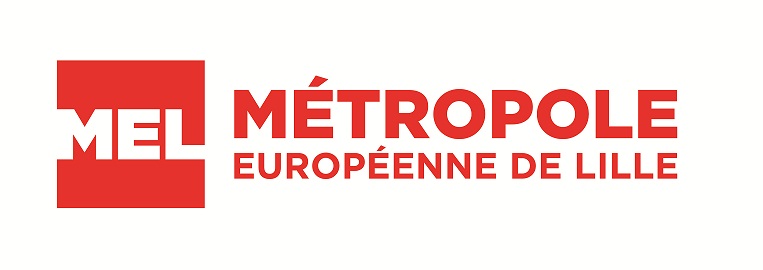Faced with the major challenges of sustainable development, the Métropole Européenne de Lille assumes its social responsibility as regards the policies it conducts. As a public stakeholder, MEL is at the heart of the system and has a major role to play in building a society which will be able to meet new economic, environmental and human challenges.
Fully aware of these issues for several years, MEL is already actively contributing to the sustainable development of its region. This contribution is particularly evident in the implementation of its Territorial Climate Energy Plan, and by taking into account social, economic and environmental issues related to sustainable development in the schemes of strategic planning and development, produced and implemented by MEL (SCOT, PLU, PMDE, PDU, PLH).
As part of the Territorial Climate Energy Plan, MEL is meeting a major energy challenge for the Metropole: creating a large pipeline to carry heat generated from burning household waste: delivery of this “heat motorway” is scheduled for autumn 2020.
To go further, MEL adopted a Social Responsibility Strategy (RS’MEL), which ensures its recognition as an exemplary public institution and a major stakeholder in changing to a sustainable future. In this in-house context the institution adopted a well-being at work plan in 2017 and a gender equality plan in 2016, and furthermore promotes the commitment of its staff to solidarity and voluntary projects. In the metropolitan area, MEL participates in the development of social innovation by supporting this year « La Fabrique du Changement », an event focusing on managerial innovation and new kinds of work, which will be presented during this 13th edition of the World Forum Lille!
In line with this socially responsible approach, in December 2018 MEL adopted its scheme to promote socially and environmentally responsible public procurement (SPAPSER).
Indeed, procurement is not an isolated act focused only on the concerns of the administration: it is part of an environment and mobilises resources – whether human or natural – which we need to conserve and consolidate. Thus, it’s about increasing the virtuous effect of procurement in terms of inclusion, both of people with limited employment opportunities as well as people with disability: in environmental terms, reducing the impact of procurement in response to global warming and promoting innovation in support of sustainable development and energy transition. Finally, it is important to promote procurement from SSE organisations, whose model has to be supported, and more widely, to foster more virtuous practices by suppliers and economic stakeholders in the region.
This requirement for leveraging action is based particularly on the permanent call for projects, “Entreprendre autrement” which, since 2011, has been supporting the setting up of activities on a social solidarity model.
MEL is also committed to support action to more sustainable transport with a network of partners including, amongst others, CCI Grand Lille et Déclic Mobilités. MEL’s activities are more specifically focused on transport advice for employers and support in implementing transport plans. In this regard, the World Forum will be a chance to host the Challenge de la Mobilité (Transport Challenge) Awards in Hauts-de-France. This challenge has become an essential diary date for sustainable transport stakeholders in the Region and brings together the main employers in the region around the same objective: to make travel caused by human activities more environmentally responsible and to focus on improving air and environmental quality.
Moreover, MEL and its partners, supported by KisskissBankBank, launched a second participatory funding campaign in 2019. From September, the Metropole is supporting ten sensible entrepreneurial adventures which include social and responsible innovations. This campaign will also be presented at the World Forum!
Now a pilot of the city contract, MEL also intends to make more accessible, and build for and with residents, its ambition for the economy and employment in so-called priority areas. That’s the whole sense of the “MEL toi du territoire” days which are scheduled from 14 to 18 October. One of these activities, called squad emplois, brings personalised coaching to young job-seekers by giving them access to a network. Deployed through the réseau Alliances, the success of this action owes much to the commitment of volunteer MEL staff carrying out coaching for young people.
